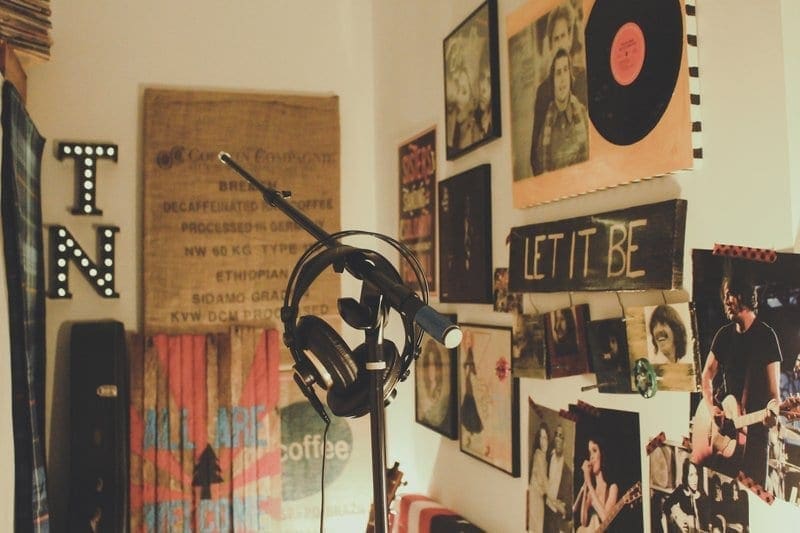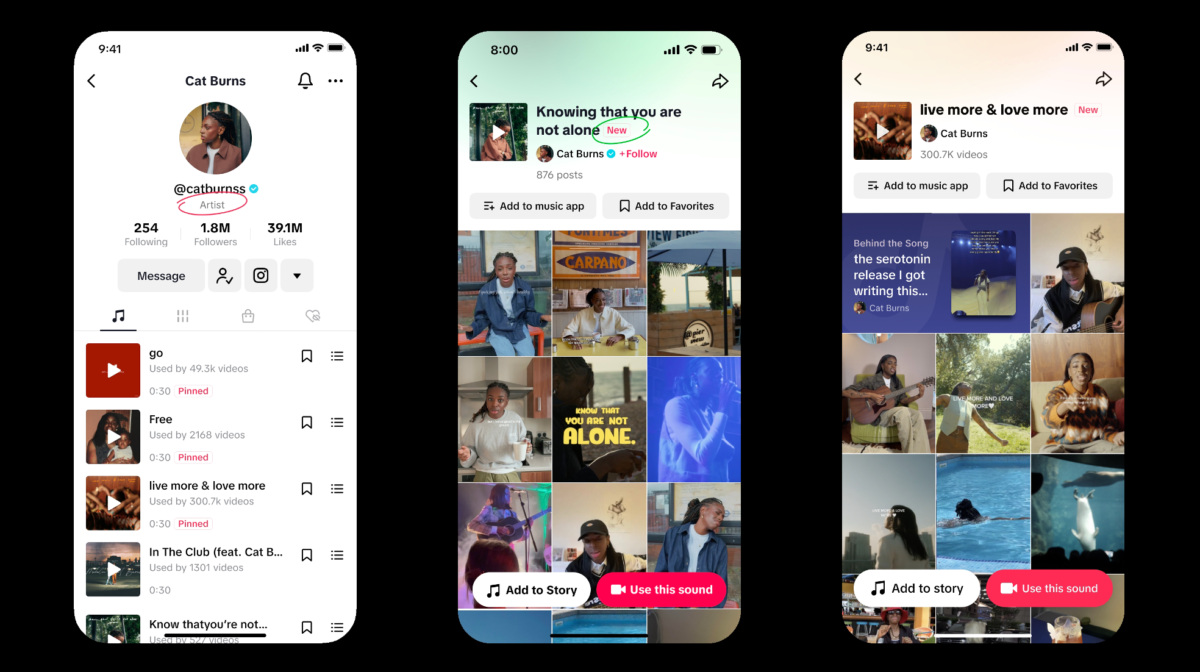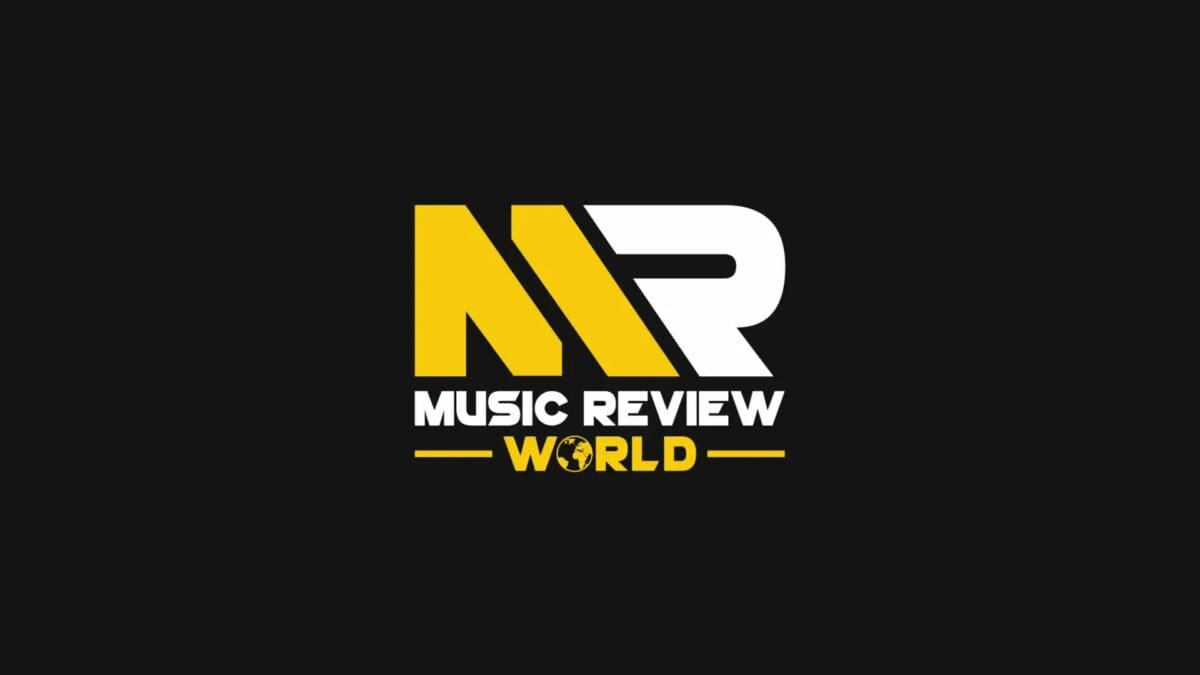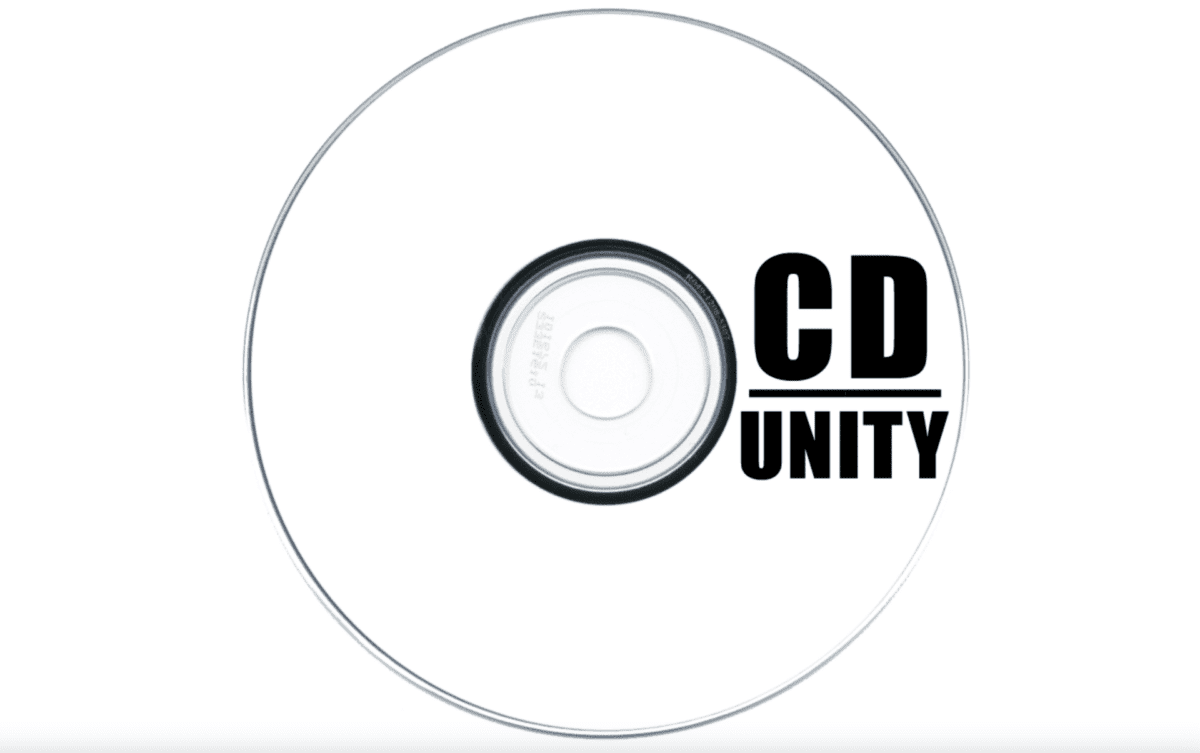If you’re an indie artist wanting to make your way in the music scene, first of all, its best to understand ‘what is indie music’? Then, you must consider what kind of artist you want to be, how far you want to go and whether you need help or do it all yourself.
It’s worth discussing these points from the start, as a clear direction and objective will focus your approach and hopefully lead to your success.
The answers to each of these questions will ultimately bring you to the decision of Indie vs major commercial record labels; which is right for you?
In this article, we’re going to break down what is indie music and what is involved in self-releasing. Here is a step-by-step guide to making it as an indie artist.
What Is Indie Music?
So, what does indie music mean? Well, the term indie is just short for independent.
Arcade Fire used to be an indie band and is now signed to… you guessed it, a major label!
Quite simply, Indie music definition is music that’s produced by a DIY artist, or on an independent label, without the traditional resources of a major label. Some indie artists aren’t involved with labels at all, and instead self-release their music using distributors, which we will look at later on.
Indie music can be harder to define in terms of genre, as usually, indie music artists pull inspiration from a variety of influences. So, how do independent labels differ from major labels? Let’s take a look.
Indie Vs Major Labels
Major Labels
Majors are the old dogs of the business, who have been operating for over half a century and have produced some of the most successful artists of all time. They have a lot of power and influence and often operate with their own distribution companies.
These labels can also offer significant financial backing to artists. Majors are global companies, and generally more commercially motivated.
The Warner Music Group, Sony Music Group and The Universal Music Group are widely known as the three major labels worldwide. Major labels tend to produce popular music that is radio-friendly and positioned for commercial success. If you’re interested in this approach, check out our top tips for getting signed.
Independent Labels
Indies are the new dogs in the industry. They are far savvier in terms of adapting to changing cultural climates. Indie labels can’t offer the same financial assistance or large-scale opportunities that the majors can, but the focus is solely on the music.
They offer more nurturing guidance for their artists than the majors, leaving creative freedom with the artist. In the past, indie labels have been key players in the evolution of alternative music sub-cultural movements such as alternative rock, punk and grunge.
Many indie music genres are exceedingly popular, with many indie-pop artists and indie-rock artists doing really well. Even in our ones to watch for 2019, there was a clear majority of indie artists over those signed to a major label. If you’re looking for fresh cool indie music or some new independent music songs, that would be a good place to start.
How To Choose
If you’re not sure which label to target, have a look at who your main influences are signed to. That’s always a great place to start.
It’s still possible to have a successful career as an artist by working with an indie label, or even without a label. There are a number of DIY artists out there who are succeeding without outside help. Chance the Rapper is infamously known for being an independent artist, as is Lady Leshurr.
Each side has its pros and cons. Majors take away most of the business and legal responsibilities for the artist. This, therefore, means that being independent requires more work, but gives you more freedom and can sometimes be more profitable for the artist. It’s worth evaluating both sides to establish which avenue is best for you.
Indie Advice
Here is some advice for getting your music out into the world if you want to go indie.
Collaborating With Indie Artists Or Indie Bands
As an independent music artist, collaborations with other indie music bands or artists can be highly advantageous. Playing live shows is crucial to getting your name known within your local scene. Hooking up with other local indie artists, even if their sound varies from your own, can greatly increase your chances of success.
Collaborating on gigs works in both artists’ favour too, as each of you gains exposure from the other’s fan base and increases your ticket revenue.
Take a look at the advantages of collaboration and how to collaborate.
If you’re an indie artist producing your own music without the help of a professional producer, co-production can be an easy way to help elevate your sound. By bringing in an outside artist to co-produce your music, you can harness their experience and ideas. They can provide unbiased feedback that may give your finished tracks the polish and edge they need. Remixing with producers of a different genre can be great, as it exposes your music to a whole new demographic.
If you’re not ready to give away some of the creative power or the rights to your music, you can scale it down. Collaborative videos such as covers can be posted to social media and create a buzz that excites your combined audiences. More buzz equals more exposure for you both!
Distribution As An Indie Artist
This can be one of the hardest elements for an indie artist, it’s not easy to do it on your own. Music distribution is the process of getting music from the artist to the consumer via stores or streaming services.
If you’re with a major label, they will take care of this process and pay you your royalties. As an indie artist, it’s most likely you’ll work with a distribution company to get your music out there.
Distributors shouldn’t be confused with independent record labels aka record companies, as distributors press your CDs and get them into stores, as well as upload your music to digital platforms. You still remain an independent artist and retain the rights to your music.
Distributors do the leg work for you and collect your royalties. You pay them for their services, and they pay you when your music is purchased or streamed. If you’re just starting out in today’s music market, you might just want your music on streaming sites like Spotify, Apple Music, Amazon Music, Deezer, iTunes and more. Some great distributors are companies such as DistroKid, Tunecore, and CD Baby.
Free Music Distribution With Мusic Gateway!
You read that right! We have launched our new FREE music distribution service!
Our incredible music distribution service gets your music onto all major platforms such as Spotify, Apple Music, and Amazon Music. What’s more, you keep 100% of your sales and we don’t get a penny from you.
We also master your music for free to make sure that you sound the best you can before your release. With a free account, you get 2 free songs to start with and you get more based on your plan.
In addition, we offer exclusive sync licensing opportunities and free sync representation. As well as a free press, blog, and music promotion.
Hopefully, you’ll love what we can do for your career and will want to use some of these other amazing services!
Licensing Your Music
Here we enter into legal territory. It might not be the most exciting element of making music, but it’s crucial to get it right. Licensing ensures that any contributor to a piece of music is paid for their work whenever and wherever it is used.
Licensing comes in two parts: Composition rights and master rights. The composition rights relate to the lyrics and composition. The master rights refer to the recording and the track itself. If you’re an independent artist, chances are that you wrote and performed your track. In this case, all of the rights remain with you.
It’s also possible that you collaborated with someone on the lyrics, recording etc. In that case, you and the contributing party need to discuss how to split the rights. If you’d like to learn and understand more about how this works, check out our guide here.
Music Publishing
As an indie artist, there are two options:
1. Represent your music yourself, do all of the work and keep 100% of the royalties
2. Employ a music publisher who does the work for you, and you split the royalties.
Music publishers are well-practised in the legal side of music circulation. They have key contacts in their arsenal and will be able to project the reach of your music. If you want to get your music into TV or a film, a music publisher will greatly increase your chances. It will also save you a lot of time and research.
As always, you should make this decision according to your goals as an artist. It’s important to choose a publisher that can provide the service you’re looking for, and then draw up a contract to split the royalties. To find out more about music publishing, head to our article.
Promoting Your Music
Music promotion is essentially the art of spreading the word about your music and making sure that it reaches people. There are companies that can help you with this, or you can make a go of it on your own.
The music promotion team at Мusic Gateway offer years of experience, high-profile contacts and a personalised approach to each and every artist they represent.
Yes, as an indie artist, you can connect with your fans via social media free of charge, but social media isn’t the be-all and end-all. We offer services such as:
- Radio plugging
- TV promotion
- Spotify playlist promotion
- DSP promotion
- Youtube & Vevo video promotion
- Digital press & online radio
It is these methods that are really going to propel your music further. When releasing new music, you should always have a strategy. We advise you to seek help from experts who have proven success in this area. Placements such as Spotify playlists are highly competitive and incredibly difficult to achieve on your own, whereas companies like ourselves have already established relationships with these platforms.
Мusic Gateway can get your music heard by the right people, who will, in turn, get your music heard by a flock of new fans. You’ve worked hard to get your music out into the world, so shout about it in the right way!
So, Where Does That Leave You?
There is a lot to consider when planning out your career direction. Seriously think about who you are as an artist. Go back to those three questions at the beginning and it will help determine the best course of action for you.
Indie artists have been rising for years now. This is because the indie approach is commonly seen as the most empowering avenue for artists wanting to retain their creative freedom. You may need help, but there are options that don’t require handing over everything to a major label.
One of those options is actually something slightly different: label services. Label services can help you distribute, license and promote your music without having to sign with any labels!
Find out more here: Label Services.













